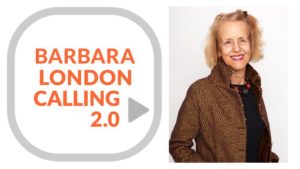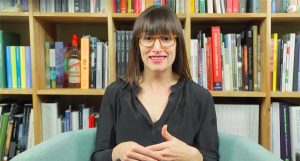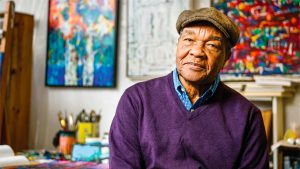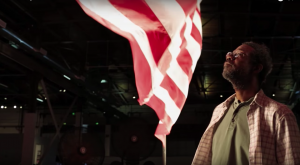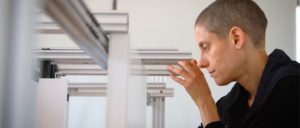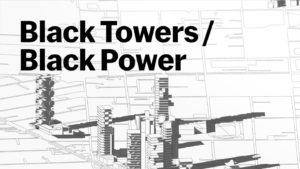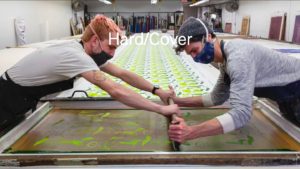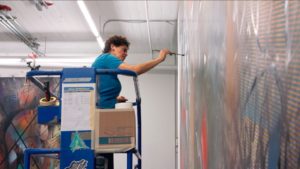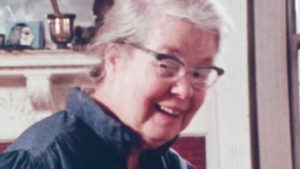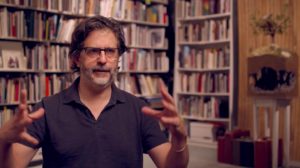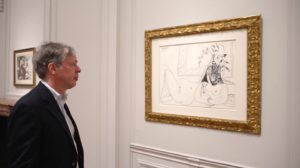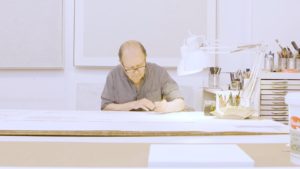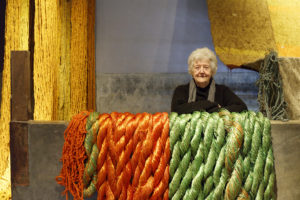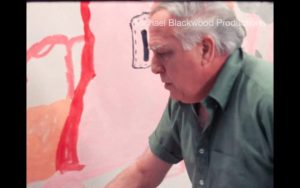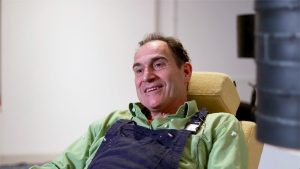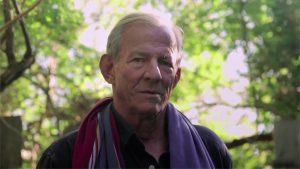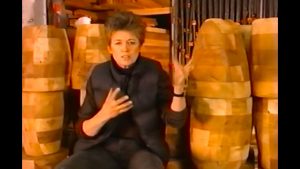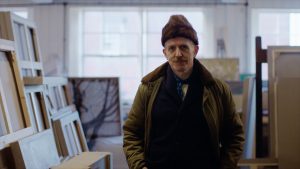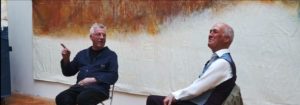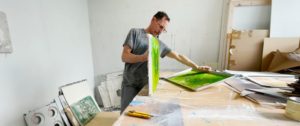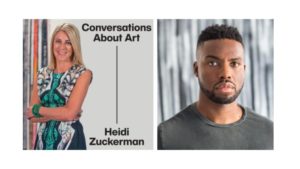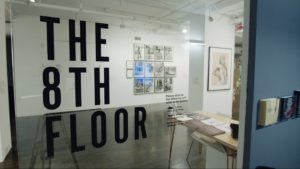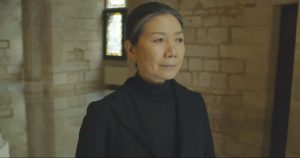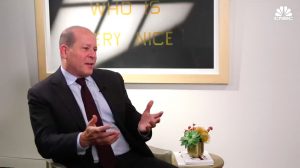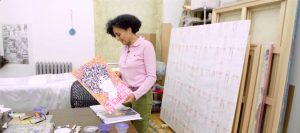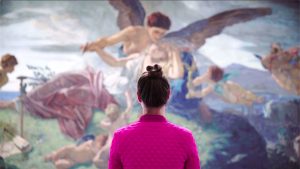
“Many of the images are difficult and painful and they’re supposed to be. And it is important that you don’t look away—that you sit in that discomfort. There is a lot of productive work that happens in these uncomfortable spaces where we are forced to confront history. […] Art doesn’t ask you to just react – it asks you to move towards something different. And that’s important, so I think I feel more motivated to continue doing the work that I do than to just sit in anger.” — Roxane Gay
On the occasion of its grand reopening, the Museum of Modern Art has launched a new podcast series with the BBC entitled The Way I See It. Fortunately for all of us, they are also catching the conversations on video, bringing us the opportunity to follow behind the scenes, as the subjects talk and look at art.
In this episode, MoMA curator Yasmil Raymond spoke with the great cultural commentator and writer Roxane Gay. In this video, Gay discusses her reaction to Kara Walker’s monumental drawing Christ’s Entry Into Journalism (2017) and how its complexity in portraying the black experience in America inspires Gay in her own work.
From the MoMA:
In this episode of The Way I See It, our radio collaboration with BBC, we’ve invited author and cultural critic Roxane Gay into our galleries to discuss a work of art that inspires her. Of her selection, Kara Walker’s enormous drawing Christ’s Entry into Journalism, Gay says, “In many ways she has managed to, in a series of figures, depict the whole of African American history on one canvas. There are multiple narratives,” she continues, “but the whole narrative is a push and pull toward and away from freedom.” Gay, like Walker, has a remarkable ability to describe complex stories in a way that prompts both emotion and clarity. She is a contributing opinion writer for the New York Times and the author of the novel An Untamed State, the essay collection Bad Feminist, the book of short stories Difficult Women, and a memoir, Hunger: A Memoir of My Body. Her witty, unapologetic reflections offer new perspectives on some of the most urgent questions of our moment.



